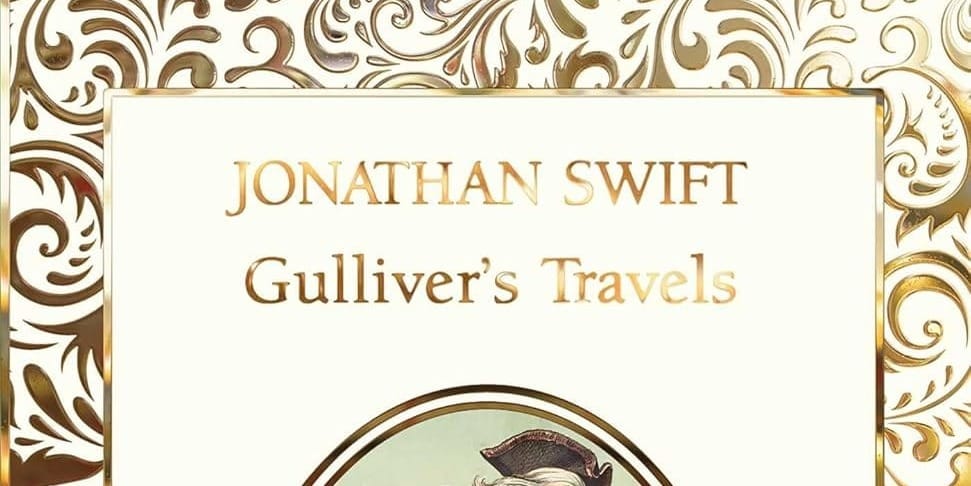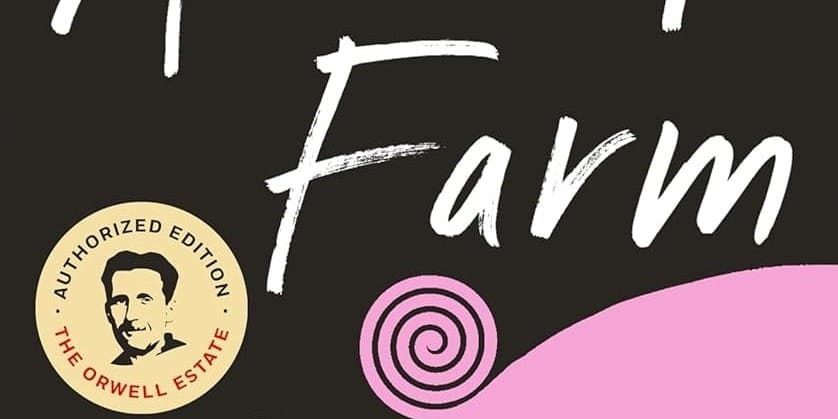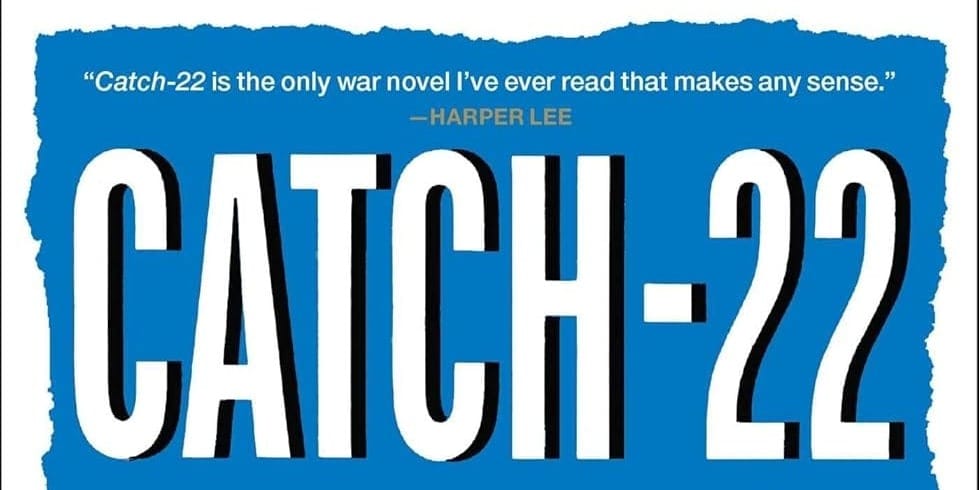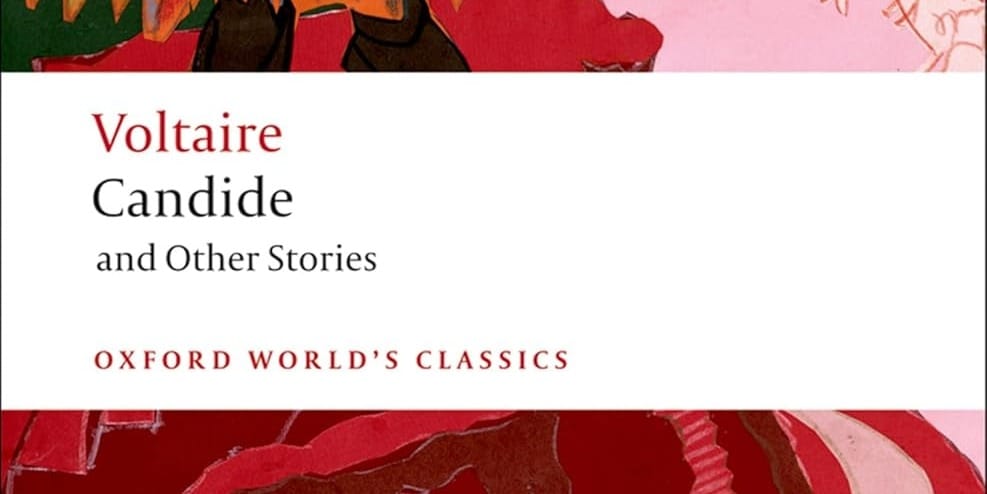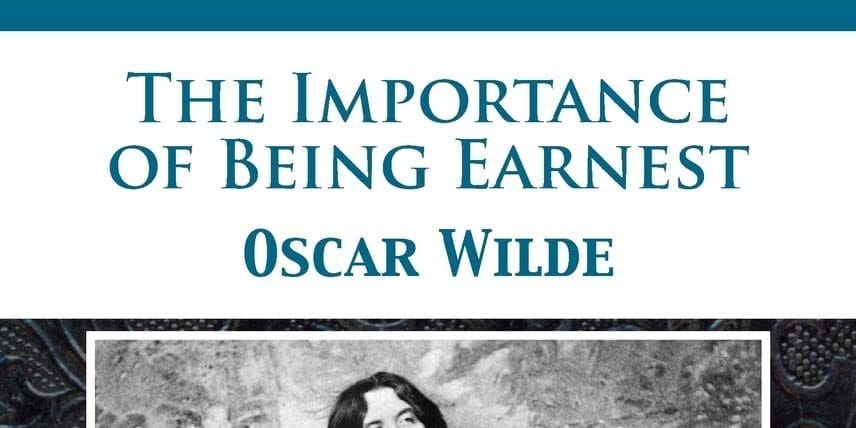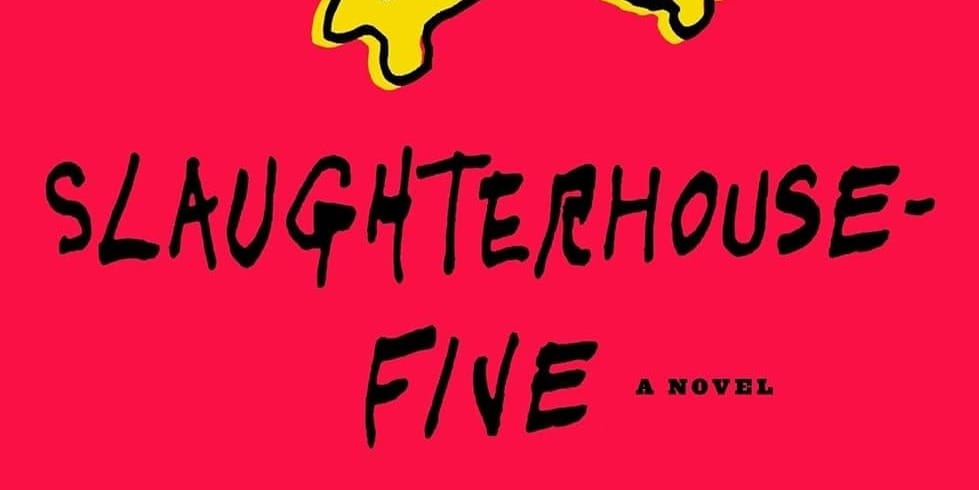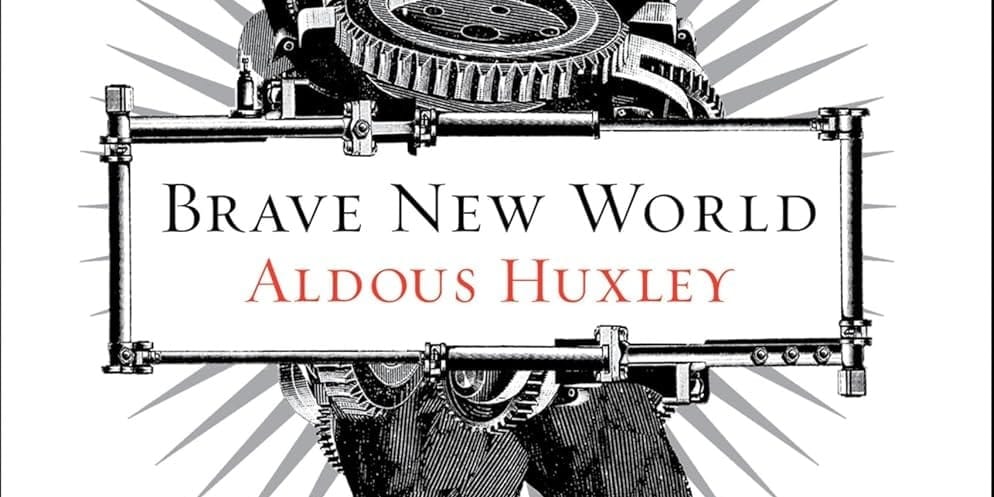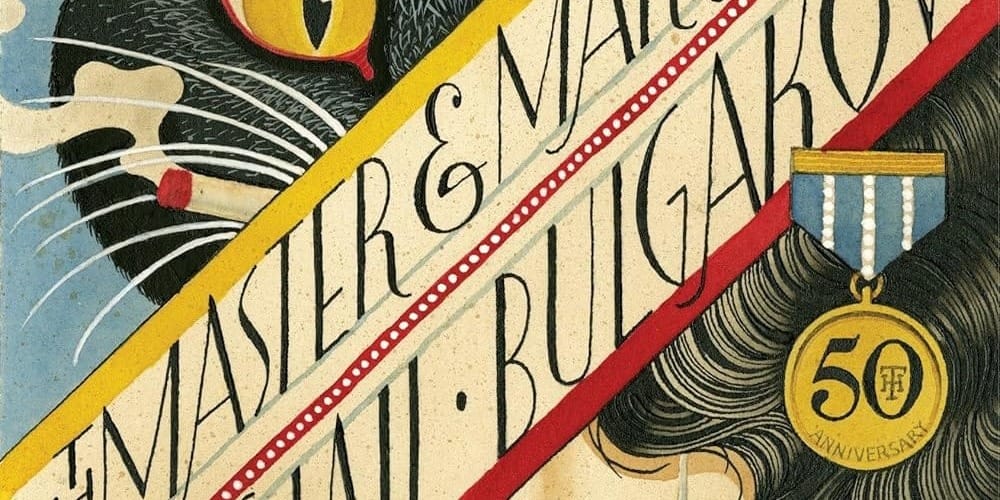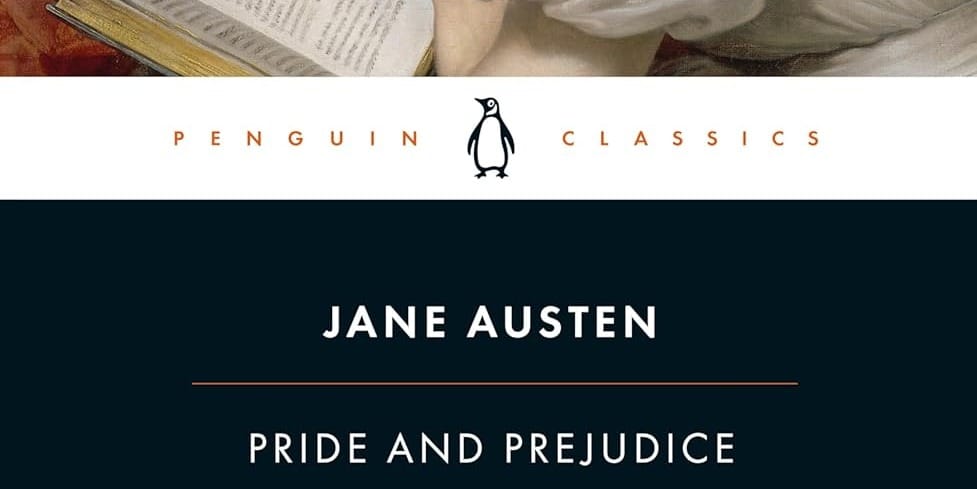Satire holds a fascinating mirror to society, highlighting human follies, societal hypocrisy, and political absurdities through razor-sharp humor and insightful critique. Despite their humorous facade, satirical classics deliver profound messages, challenging readers to question norms and laugh in recognition of the truths they cleverly disguise. In an era dominated by skepticism, reading satire feels refreshingly rebellious—a subtle nod to timeless literary dissent and clever observation.
Why Satirical Classics Remain Relevant
Satirical classics persist in popularity precisely because human nature and societal structures seldom change. The issues that Jonathan Swift mocked in the 18th century are still eerily familiar today, from political corruption to social injustice. These novels do not merely entertain; they provoke thought and stimulate debate, reminding us that laughter can be one of the most effective forms of resistance. Through satire, readers rediscover their inherent humanity, compassion, and the shared absurdity of existence, enriching their understanding and often prompting deeper exploration into related themes of literature.
"Gulliver's Travels" by Jonathan Swift
Swift’s biting satire brilliantly mocks political corruption, the vanity of human ambition, and the irrationality of human pride through Lemuel Gulliver's fantastical voyages. From the miniature society of Lilliput to the rational horses of Houyhnhnm, Swift skillfully dissects humanity’s vices and virtues, prompting readers to laugh and reflect simultaneously. Its timeless nature lies in its keen ability to resonate across generations, making readers question if humanity has genuinely progressed or merely adopted new forms of absurdity. Swift's sharp narrative acts as both a critique of his time and an enduring reflection on ours.
"Animal Farm" by George Orwell
Orwell’s allegorical masterpiece deftly criticizes totalitarianism and political manipulation through the simple yet powerful metaphor of a farm rebellion. What starts as a quest for equality descends into tyranny, mirroring historical revolutions and contemporary political shifts. Orwell’s incisive satire exposes the fragility of idealism and the ease with which power corrupts, making it indispensable for readers intrigued by political dynamics or fans of dystopian classics. Its relevance today lies in its stark reminder that vigilance against authoritarianism remains crucial.
"Catch-22" by Joseph Heller
Heller's renowned classic introduces readers to the absurdity of war through the unforgettable paradox known as Catch-22. The novel humorously and tragically explores how bureaucracy, incompetence, and irrational logic become normalized during wartime, highlighting the senselessness of conflict. Beyond being a quintessential satirical war novel, Catch-22 offers timeless commentary on human folly and systemic dysfunction, resonating profoundly in a contemporary world often lost in bureaucracy and paradox.
"Candide" by Voltaire
Voltaire’s sharp, witty satire follows Candide’s hilarious yet sobering adventures across a world plagued by hypocrisy, fanaticism, and disaster. Mocking the optimistic philosophy that "all is for the best," Candide reveals human suffering and cruelty with sardonic wit, emphasizing rational skepticism over blind faith. Its biting humor and philosophical depth position it perfectly among philosophy classics, reminding readers that critical thought remains vital in navigating life's absurdities.
"Don Quixote" by Miguel de Cervantes
Widely regarded as the first modern European novel, Cervantes’ Don Quixote is a masterpiece of satirical fiction, lampooning romantic idealism through its deluded protagonist. The humorous misadventures of Quixote and Sancho Panza expose the stark contrast between idealism and reality. Cervantes invites readers to reflect on the enduring struggle between dreams and harsh realities, creating a timeless exploration of human nature.
"The Importance of Being Earnest" by Oscar Wilde
Wilde’s play masterfully critiques Victorian societal norms, superficiality, and hypocrisy through sparkling wit and cleverly constructed misunderstandings. Its enduring appeal lies in Wilde's incisive humor and playful exploration of identity and social pretension. Readers seeking satirical storytelling that combines elegance with biting humor will find Wilde’s classic endlessly delightful and astonishingly relevant.
"Slaughterhouse-Five" by Kurt Vonnegut
Vonnegut's unique blend of science fiction, dark humor, and sharp satire confronts the absurdity and horror of war, specifically the bombing of Dresden. The novel's fragmented, nonlinear narrative perfectly captures the chaos and senselessness of violence, delivering potent commentary on fate, free will, and human folly. Fans of psychological classics and war literature will appreciate Vonnegut's profound insights masked by his deceptively simple storytelling style.
"Brave New World" by Aldous Huxley
Huxley’s dystopian satire critiques society's obsession with technology, happiness, and superficial pleasures at the expense of individuality and critical thinking. The novel's portrayal of a controlled, pleasure-driven society resonates deeply today, echoing concerns about consumerism, technological dependence, and loss of personal freedom. Its enduring relevance ensures its place alongside modern classics and revolutionary literature as a vital reflection on societal trends.
"The Master and Margarita" by Mikhail Bulgakov
Bulgakov’s satirical fantasy brilliantly critiques Soviet society through a narrative blending the supernatural, historical, and absurdly comedic. The novel lampoons bureaucratic inefficiency, censorship, and moral hypocrisy, all cloaked within its darkly comedic plot. Readers are drawn into Bulgakov's imaginative world, where satire meets magical realism, highlighting universal themes of freedom and creativity under oppression.
"Pride and Prejudice" by Jane Austen
Austen’s beloved novel uses subtle satire to critique class structures, marriage, and societal expectations. With wit and charm, Austen exposes the absurdities of social conventions through memorable characters and sharp dialogue. Its timeless exploration of human relationships and societal pressures makes it essential reading among romance classics and literary satire alike.
Satire: An Evergreen Form of Literary Rebellion
Satirical classics endure precisely because they confront universal truths with humor and honesty, bridging historical divides to reveal persistent human tendencies. These novels challenge readers to recognize absurdities within society and themselves, offering insights that remain strikingly relevant today. Far from merely comedic entertainment, satirical classics serve as timeless cultural critiques that invite readers to question, reflect, and perhaps laugh knowingly at the human condition. In a world increasingly dominated by cynicism, rediscovering these satirical gems can feel refreshingly rebellious, an essential reminder of literature's power to entertain, enlighten, and provoke meaningful reflection.
💬 Psst… Many of the books from the list are available to read for free with Kindle Unlimited or listen for free with Audible — both offer 30-day free trials for new users. Perfect if you’re trying to read (or listen to) more without spending more.


